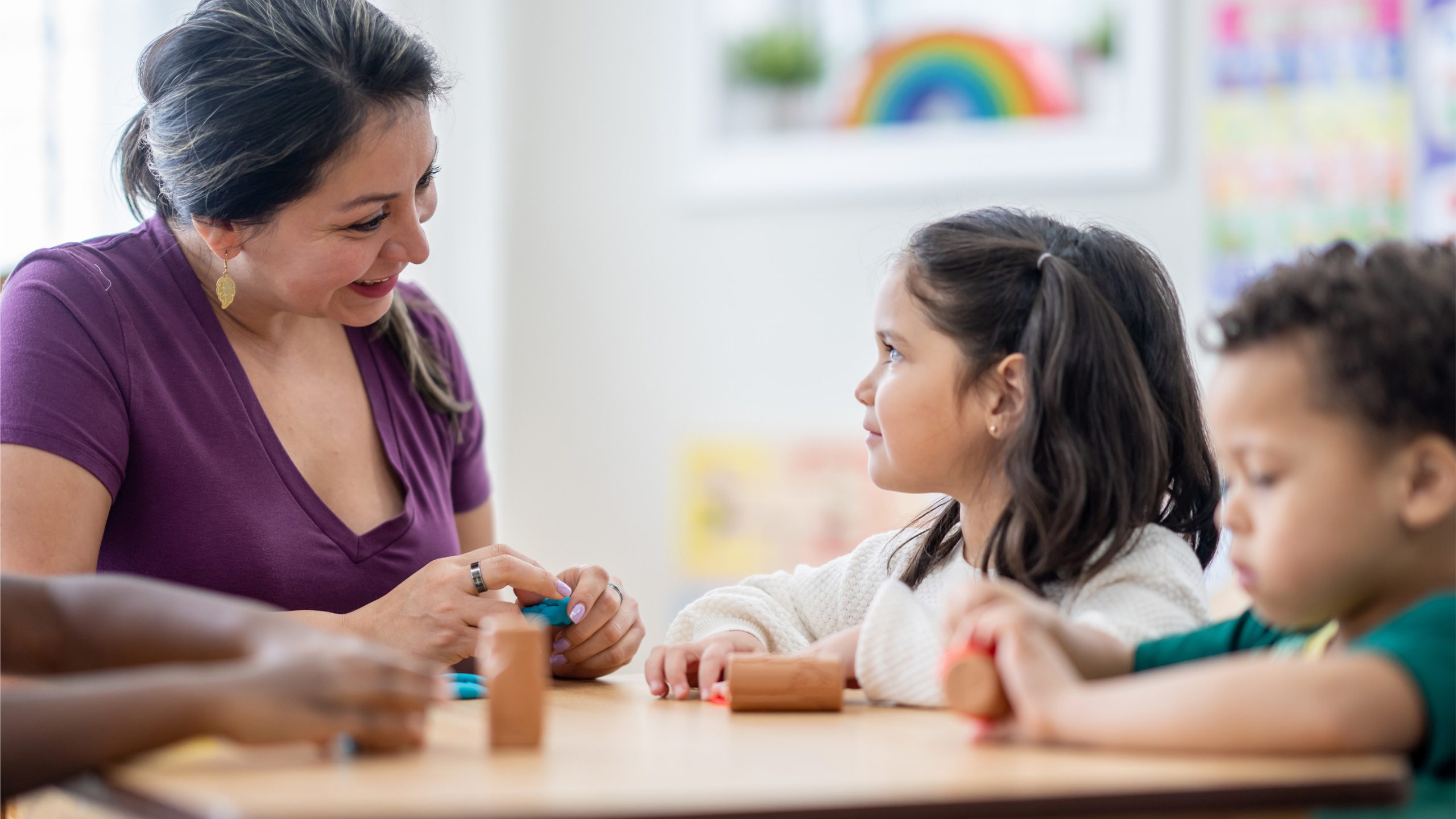Metacognition, the ability to think about one’s own thinking process, is a crucial skill that can greatly benefit preschool-aged children. By introducing metacognitive strategies early on, educators can help young learners develop the necessary cognitive tools to navigate their thoughts and emotions effectively.
Preschool is a critical time in a child’s development, as it is during this stage that foundational skills for future academic success are built. By introducing metacognition in preschool, teachers can empower children to develop their problem-solving skills, emotional regulation, and critical thinking abilities.
One way to introduce metacognition in preschool is through the use of reflection activities. Encouraging children to pause and think about their thoughts and feelings after completing a task or activity can help them become more aware of their cognitive processes. Teachers can ask open-ended questions such as, “How did you feel when you completed the puzzle?” or “What strategies did you use to finish the painting?”
Additionally, educators can teach preschoolers about the concept of “mindfulness,” which involves being present in the moment and paying attention to one’s thoughts and feelings without judgment. Through activities such as guided meditation or mindful breathing exercises, children can learn to regulate their emotions and develop a greater awareness of their inner world.
Another effective way to introduce metacognition in preschool is through the use of visual aids such as thinking maps or graphic organizers. These tools can help children organize their thoughts and make connections between different ideas. For example, a teacher can use a flowchart to help preschoolers break down a complex problem into smaller, more manageable steps.
Furthermore, educators can model metacognitive skills by thinking out loud and verbalizing their thought processes during activities or discussions. By explicitly demonstrating how to reflect on one’s own thinking, teachers can help children learn how to monitor and regulate their cognitive processes.
In conclusion, introducing metacognition in preschool can have a profound impact on a child’s cognitive development. By teaching young learners how to think about their own thinking, educators can empower children with the tools they need to navigate the complexities of their inner world. Through reflection activities, mindfulness practices, and visual aids, preschool teachers can help children develop critical thinking skills, emotional regulation, and problem-solving abilities that will serve them well throughout their academic and personal lives.



